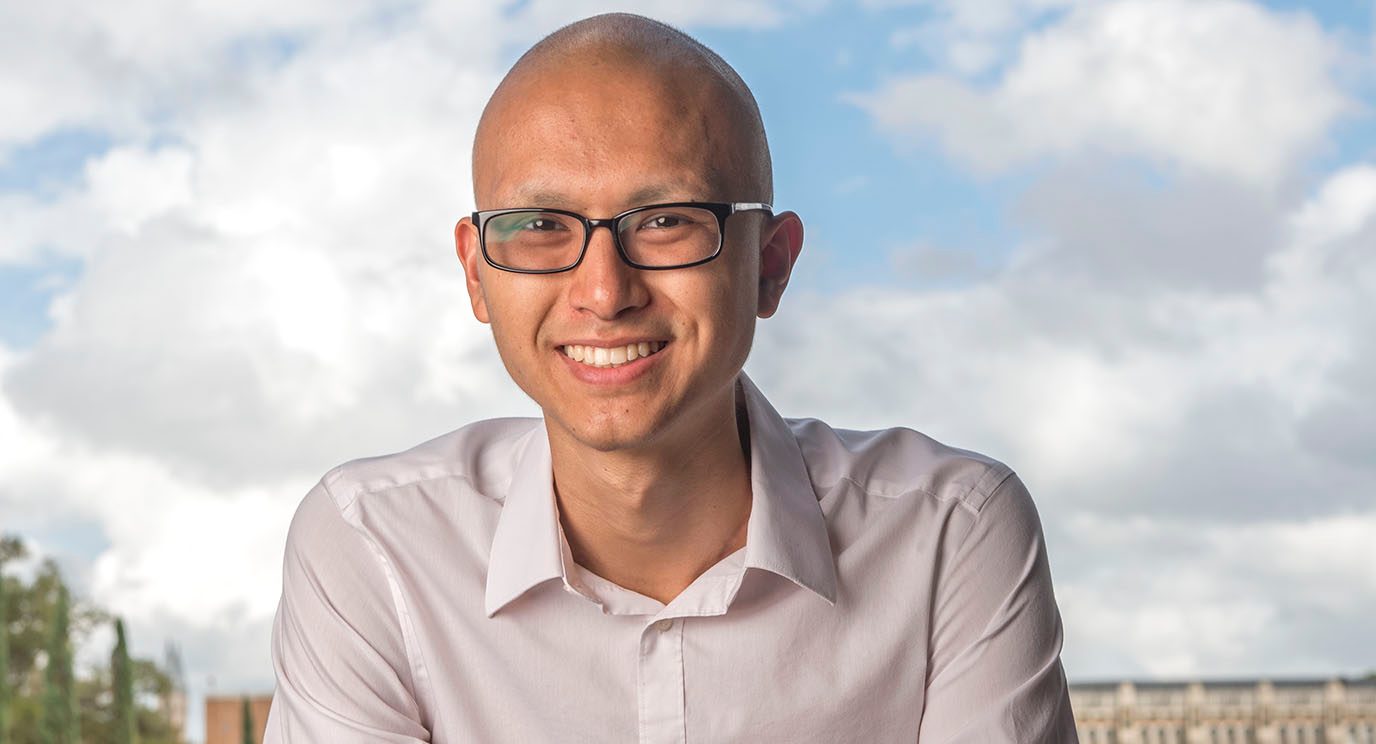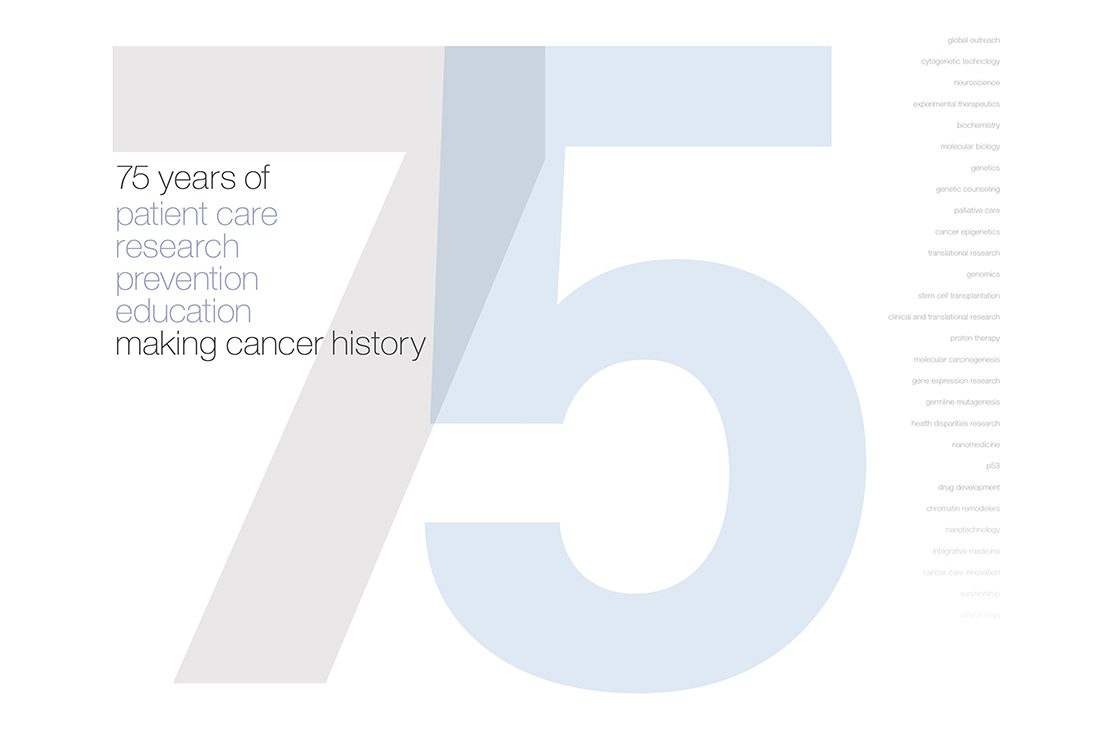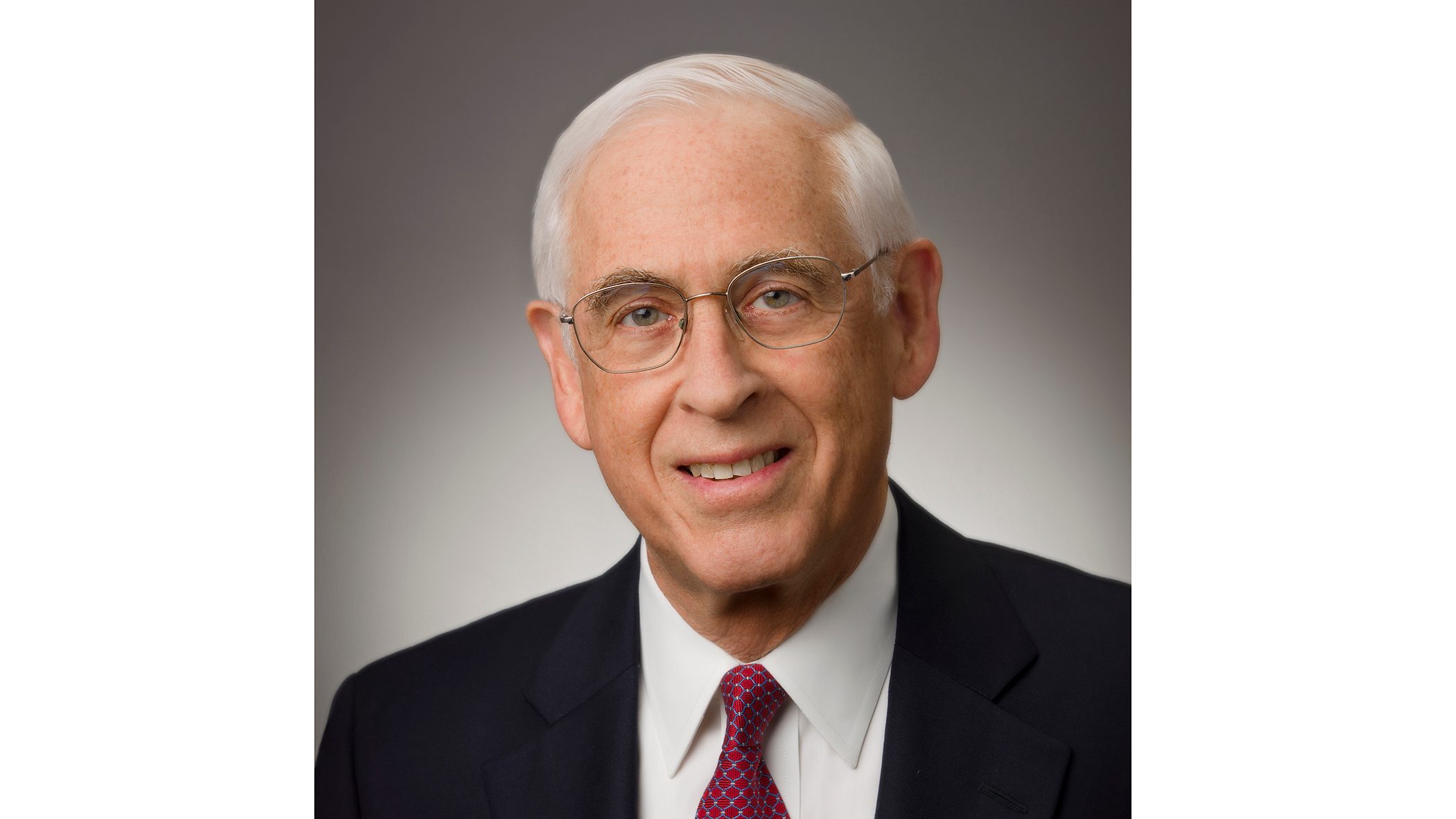Back in the game after a brain tumor in the bladder

Annual Report 2015
MD Anderson’s 2015 Annual Report highlights achievements and contributions of our faculty, staff and donors in advancing the research, treatment and prevention of cancer. It also provides key financial and statistical data.

In the face of cancer
It’s a phrase that describes our patients, who, faced with a disease that is unpredictable and unforgiving, remain strong and determined.
It describes our doctors, researchers, educators and staff, who are relentless in their drive to stop a plague that robs us all of friends, family and loved ones.
When President Barack Obama called for a national moon shot to end cancer, the MD Anderson community and our patients cheered. For...
Collaboration and a unique opportunity led to the world’s first skull and scalp transplant
Jamie Whittington has an aggressive form of chronic lymphocytic leukemia, but you’d never know it.
We’re putting the best cancer care within reach
To truly eliminate cancer, MD Anderson must expand its footprint in Houston and form relationships with hospitals and health systems...
MD Anderson Melanoma Moon Shot researchers are combining two immunotherapies for the first time to double-team melanoma that has...
To meet a growing demand for clinical, diagnostic and support services, ground was broken in 2013 for The Pavilion, an eight-story,...
Few scientists have devoted as much of their career to understanding how cancer spreads as Isaiah Fidler, D.V.M., Ph.D.
When Joya Chandra, Ph.D., joined the faculty of MD Anderson’s pediatrics department in 2002, she felt an immediate kinship with the...
They want to fill the void left by less federal funding for...
In today’s economy, with government funding for cancer research difficult to come by, private philanthropy is essential.
A simple yet unprecedented goal drives the big data efforts of MD Anderson’s Moon Shots Program: to have every patient contribute to...
School of Health Professions grants first master’s degrees
It’s only been a short time since graduation, and already the first students to earn master’s degrees from the School of Health...
When a clinical trial for a new breast cancer drug launched recently, researchers estimated it would take at least two years to enroll...
Teresa Hall’s visit to a gastroenterologist three years ago wasn’t the first time she’d sought help for troubling symptoms.
A new clinic to identify and monitor those at high risk for developing pancreatic cancer continues to expand after opening last year.
Building on MD Anderson research, a new company named Codiak Biosciences has formed to create therapeutic and diagnostic products...
It’s clear that breast cancer screenings save lives. But exactly when women at average risk of developing breast cancer should begin...
Previous Issues
View archives




























